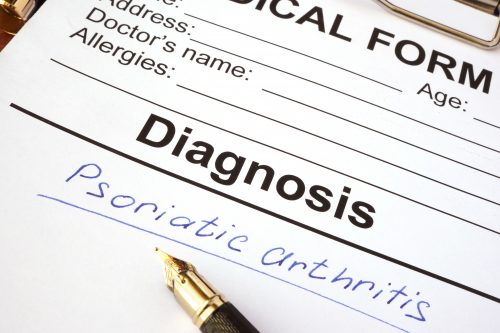
Guselkumab was a safe and effective treatment for biologic-naïve patients with psoriatic arthritis (PsA), according to one-year data from a phase 3 study.
“Guselkumab, a human monoclonal antibody specific to interleukin‐23p19, demonstrated efficacy and safety versus placebo through week 24 of the phase III DISCOVER‐2 trial in biologic‐naive patients with PsA. Here we report 1‐year DISCOVER‐2 findings,” the researchers explained.
The study included adult patients with PsA who had at least five swollen and five tender joints as well as C‐reactive protein level ≥0.6 mg/dl despite nonbiologic treatment. Patients were randomized to receive guselkumab 100 mg every four weeks; guselkumab 100 mg at week zero, week four, and every eight weeks thereafter; or placebo with crossover to guselkumab 100 mg every four weeks at week 24.
A total of 739 patients were randomized and treated, and 93% completed the study up to week 52. The proportions of patients who achieved at least a 20% improvement in American College of Rheumatology criteria (ACR20) was maintained after week 24; by week 52, in the treatment every four weeks group, it was 71%, and in the every eight weeks group, 75%. The proportions of patients who achieved ACR50, ACR70, skin responses, minimal or very low disease activity, and dactylitis or enthesitis resolution by week 24 also maintained through week 52. Continued treatment was associated with low levels of radiographic progression and improved physical function and health-related quality of life through week 52. The rates of serious infections through week 52 were low. There were no opportunistic infections or deaths reported.
The study was published in Arthritis & Rheumatology.
“In conclusion, guselkumab 100 mg every 4 weeks or every 8 weeks effectively treated the diverse manifestations of active PsA in biologic‐naive patients. The overall treatment effect observed during the 24‐week placebo‐controlled period was well maintained, and the risk–benefit profile remained favorable for both guselkumab regimens, through week 52 of DISCOVER‐2,” the researchers summarized in their conclusion.


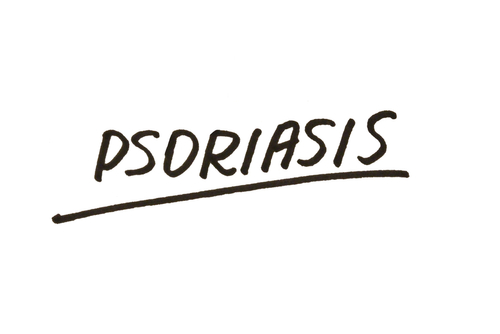
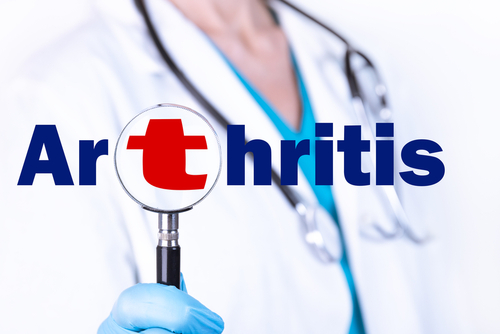
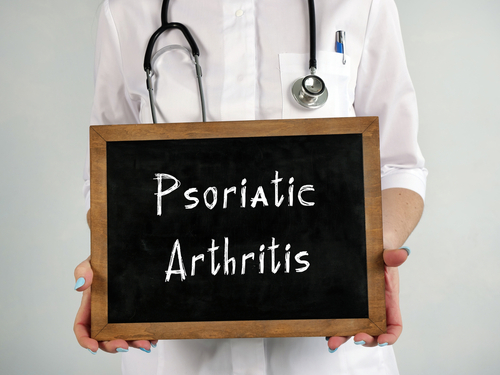
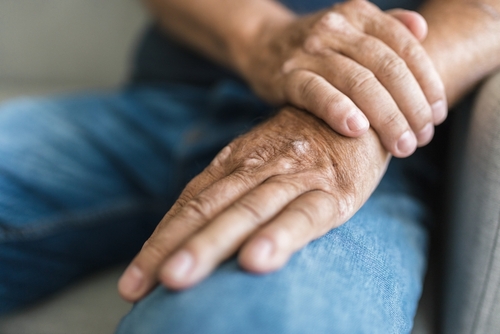

 © 2025 Mashup Media, LLC, a Formedics Property. All Rights Reserved.
© 2025 Mashup Media, LLC, a Formedics Property. All Rights Reserved.